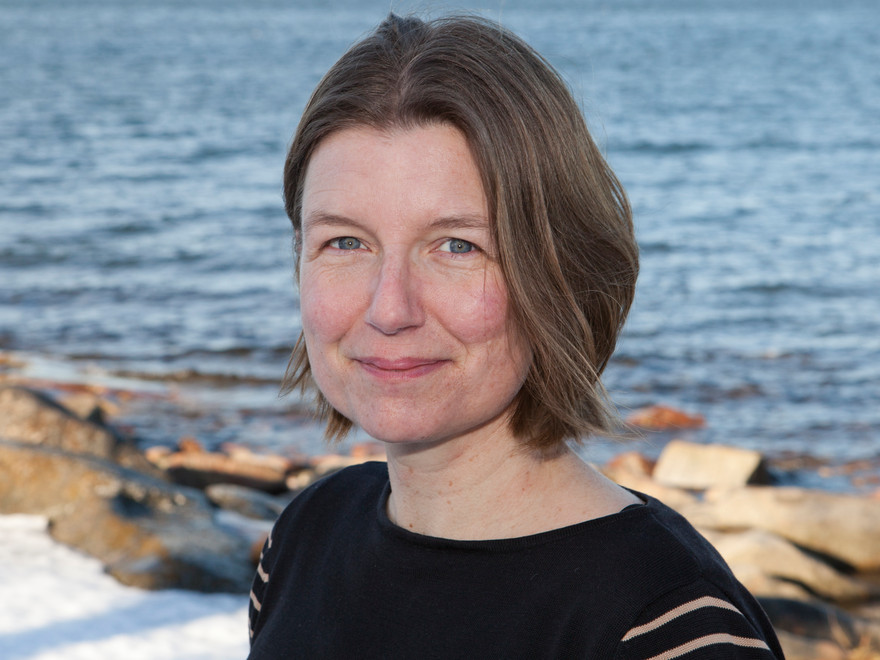Climate change is making extreme weather at sea more common. But how do extreme weather such as marine heat waves and extreme storms affect fish and fishing in the Baltic Sea? A research group will find out in a new project led by SLU.
Today, there is a lack of both knowledge and risk analyses of how the Baltic Sea and Swedish fisheries are affected by extreme weather at sea. One thing that is certain, however, is that extreme weather at sea entails several possible risks. For example, more frequent and longer marine heatwaves could change the food web in the Baltic Sea and therefore reduce production and change the composition of fish. This, in turn, can affect both the quantity and quality of fishery catches. More intense storms could also make it more difficult to fish and at the same time make it unsafe for both personnel and equipment.
– The purpose of the project is to develop a new type of climate risk analysis for Swedish Baltic Sea fisheries. In the new risk analysis, we will link the risks that occur when extreme weather causes ecological changes with risks in the practice of fishing, says Anna Gårdmark, professor at the Department of Aquatic Resources at SLU and leader of the project.
Together with interest groups in commercial and recreational fisheries as well as authorities the researchers will produce the first climate risk analysis for Swedish fisheries linked to extreme weather.
– The risk analysis will also be the first in the Baltic Sea to be carried out together with those who are directly exposed to the risks," Anna continues.
The researchers will study the ecological effects of heat waves using experiments and models of the Baltic Sea's food webs. Thereafter, these simulations of the effects of future extreme weather are used together with environmental data, catch data and knowledge from fisheries to analyze the economic consequences and risks for Swedish Baltic Sea fisheries.
– With the help of this new knowledge and these tools, we hope to be able to counteract the risks of extreme weather, and at the same time contribute to sustainable fishing and increased resilience of the Baltic Sea ecosystem," Anna concludes.

Anna Gårdmark, professor at the department of aquatic resources at SLU. Photo: Jenny Svennås-Gillner, SLU.

